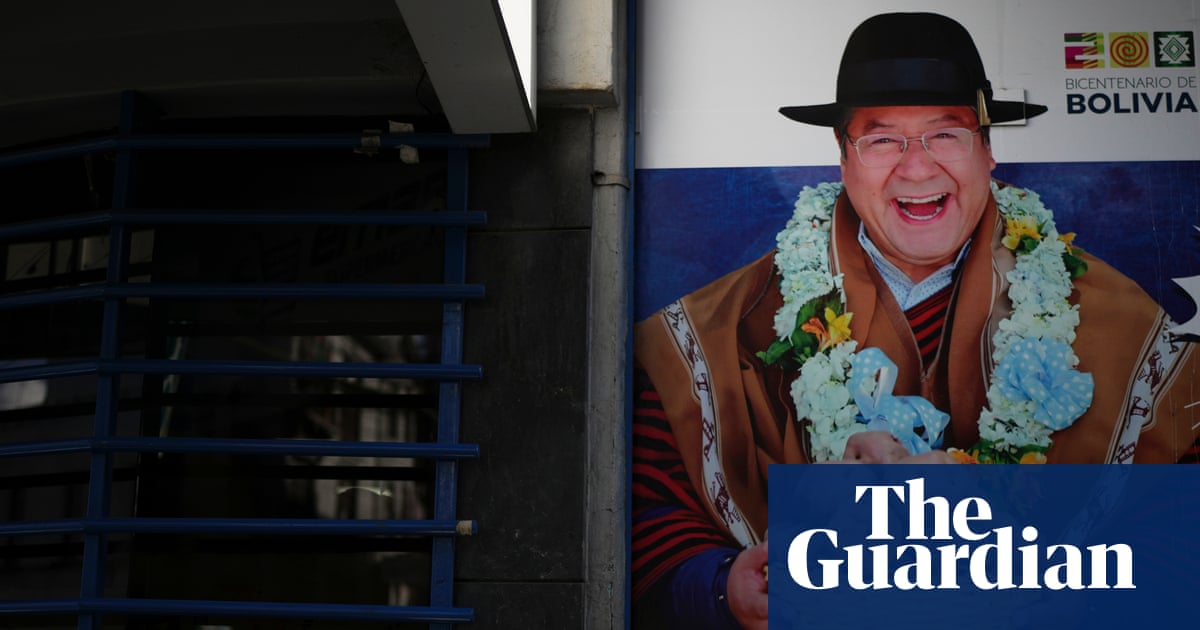
As Bolivia faces its most significant economic crisis in over four decades, citizens prepare to head to the polls in an election that could signify the end of almost 20 years of leftist rule under the Movimiento al Socialismo (Mas) party. This pivotal election sets the stage for potential rightward political shifts amid growing economic tension and political fragmentation.
Mass Party Risks Losing Legal Status
The Mas party, which rose to power under Evo Morales in 2005, may fail to meet the critical 3% voting threshold required to maintain its legal status. This decline reflects deep internal divisions and significant dissatisfaction tied to the current economic downturn. Central to the country’s concerns are shortages of fuel and dollars, long queues, and soaring inflation impacting everyday lives.
Rightwing Candidates Lead Polls
Among the candidates vying for the presidency, two opposition figures dominate the polls: business tycoon and former planning minister Samuel Doria Medina, and the rightwing former president Jorge “Tuto” Quiroga. Incumbent president Luis Arce, 61, has opted not to run for re-election due to sinking approval ratings tied to the struggling economy. Instead, Arce endorsed Eduardo del Castillo, his 36-year-old government minister, who has polled at a mere 2%.
Observers suggest the runoff is likely to occur between Doria Medina and Quiroga unless an underdog emerges. For instance, Andrónico Rodríguez, a 36-year-old senator, has gained some traction as a leftwing candidate, though his break from Mas and his own controversies leave him facing a fragmented base of support.
Morales and the Fragmentation of the Left
Evo Morales, Bolivia’s first Indigenous president who fled office amidst protests and allegations, continues to cast a long shadow on the nation’s politics. Barred from running by court rulings, Morales has encouraged null voting, which counts for about 12% of the electorate so far. The former leader’s call for nullification reflects the divisiveness within the left, a stark contrast to his once-unified dominance.
Meanwhile, prominent Indigenous leaders have voiced discontent. Enrique Mamani, from the Aymara group Ponchos Rojos, criticized Morales, reaffirming his support for Rodríguez and condemning calls for null votes. Even so, clashes surrounding Rodríguez’s campaign rally underscore the left’s fractured state.
Economic Crisis Takes Center Stage
The overriding concern for voters remains the dire economic situation, which experts describe as Bolivia’s worst since the hyperinflation crisis of 1985. Voters like Silvia Marca, a small business owner in La Paz, are hoping for change, albeit many lean toward rightwing candidates who offer promises of financial stability.
Preliminary results are expected on Sunday at 9 PM local time, with a second round slated for October 19 if no candidate secures a majority. As political analyst Carlos Toranzo notes, Mas’s grip on power may finally be slipping after twenty years of dominance, yet questions remain about how smoothly a transfer of power could unfold.
Looking Ahead
Whether Bolivia moves toward a rightwing government or navigates a fragmented political landscape, the coming weeks will be pivotal in reshaping the country’s trajectory. As tensions rise and voters grapple with the weight of this decision, all eyes are on the October vote to see how Bolivia navigates this historical crossroad.



